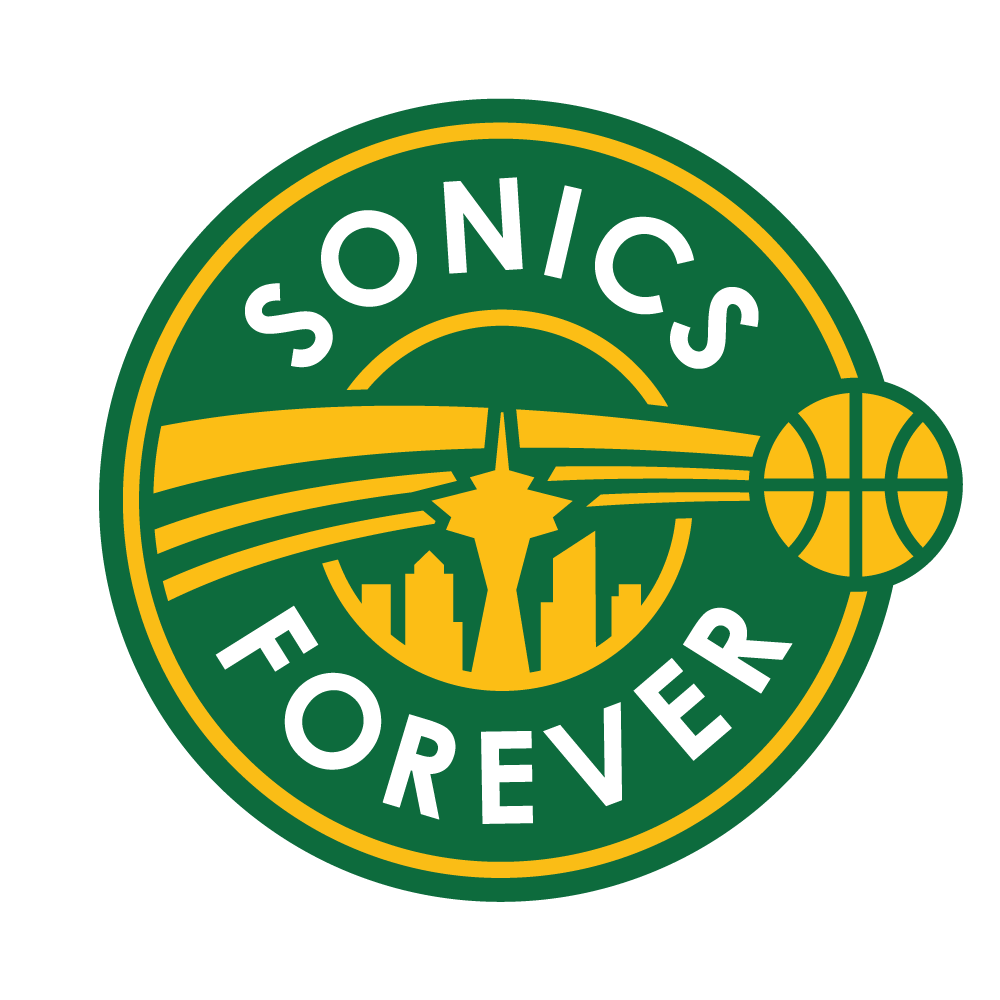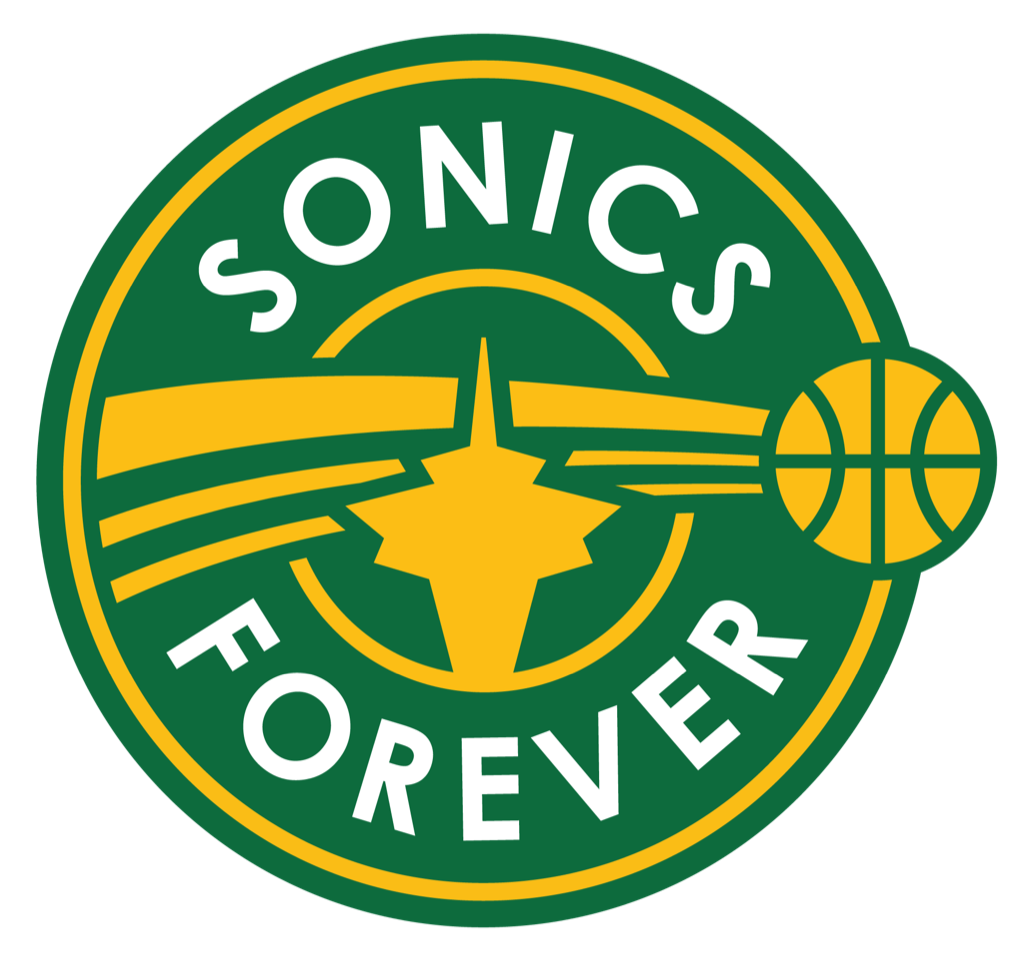Frank Furtado: the Cornerstone of the Sonics
SEATTLE – The Sonics called Seattle home for 41 seasons.
And, of those 41 years, Frank Furtado worked for the franchise for 35 of them. To put that in context, Furtado was with the Sonics for more seasons than the team played in the Coliseum/Key Arena (33 seasons). The longtime athletic trainer of the Sonics, Furtado tirelessly worked to keep generations of Sonics players in peak condition.
Furtado was such an important part of the franchise that the team’s practice facility was named after him. The Furtado Center was located at the current site of the Bill and Melinda Gates Foundation.
While Furtado was an institution with the franchise, his legacy extends beyond the Sonics. He was inducted into the Seattle Pacific University Hall of Fame in 2007 where he started and built a wrestling powerhouse, despite not having a background in the sport. To top it off, before building a wrestling program, Furtado was in the Navy. Imagine working for a team for 35 years, AFTER getting started in the military and moving on to work in college athletics. It’s the epitome of an accomplished resume.
However, it was Furtado’s time with the Sonics that is remembered most.
Dale Ellis had nicknamed him “the Godfather,” the star shooter revealed during an interview for a story on the SPU website.
“He commanded respect,” Ellis said in that interview. “And you know, you don’t want the healer mad at you. In this game, people come and go, but Frank touched a lot of people’s lives. I’ll never forget him.”
Furtado was the team trainer the year the Sonics won the championship in 1979. And he was still there long after every player from that season was no longer on the roster. He was the trainer when Nate McMillan was playing AND when he was coaching the franchise.
He saw it all. Wins and losses. Ups and downs. Ownership changes. He is as close as it gets to someone who was there from beginning to end.
People like Furtado are the foundation that help make great franchises. He kept players healthy. And the Sonics were like the Furtado family business. In fact, his wife, Sarah, went to work for the team a few years before he followed. Their daughter worked in the ticket office and mail room at one point and their son was a ball boy.
Sonics basketball was woven into the fabric of their lives.
The team was so important to Furtado, that even after he retired as head trainer in 2000, he stayed on as assistant trainer until the team was relocated to Oklahoma City before the 2008-09 season.
It’s not often someone is so integral to a franchise they get a building named after them. But, that’s what Furtado meant to the Sonics. And, while the next Sonics practice facility might not be named after the trainer, his legacy will live on as we wait for the team’s return and long after we’re able to say we’ve got our team back.


